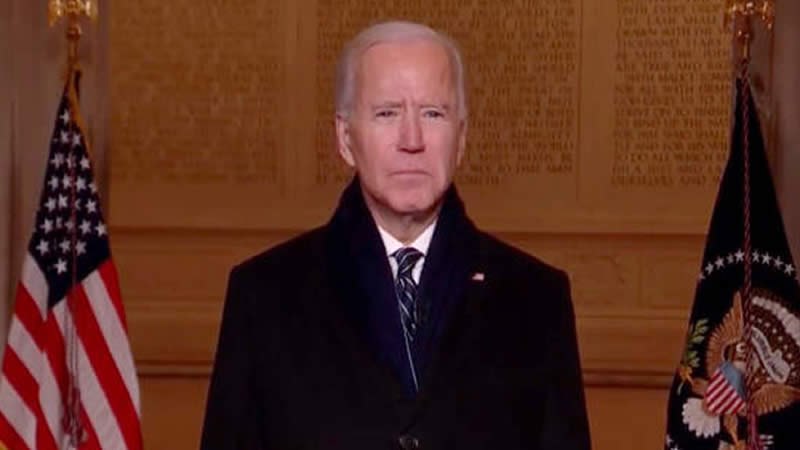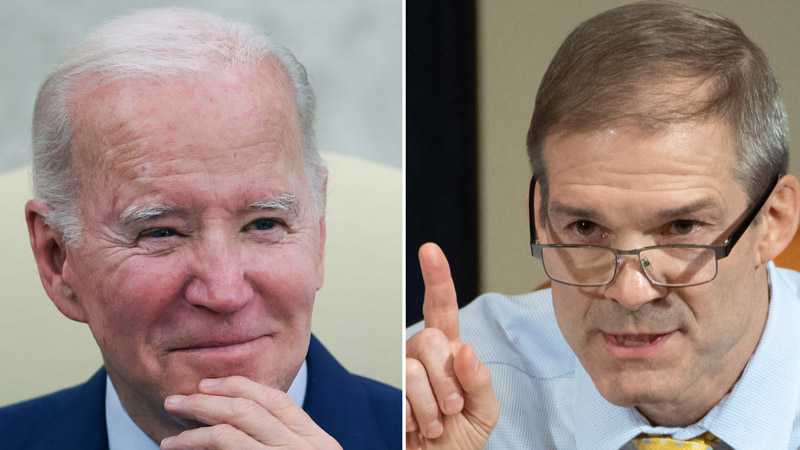Former Border Patrol Chief Criticizes Biden Administration’s Handling of Border Crisis

Joe Biden (images credit: Getty Images)
Raul Ortiz, the former Chief of the U.S. Border Patrol, has vocally criticized the Biden administration for its approach to the border crisis, highlighting a significant lack of communication with top government officials. In a revealing interview on “60 Minutes” with Cecilia Vega, Ortiz, who served from August 2021 until May 2023, detailed his experiences and challenges while overseeing border security operations.
Ortiz’s time as chief was marked by increasing pressures due to surges in illegal crossings and the complexities of managing border security amid changing immigration policies and regional instabilities. Despite these challenges, he disclosed that he never had any direct conversations with President Joe Biden or Vice President Kamala Harris about the situation at the border, according to a US News report on March 3, 2024. This absence of dialogue underscores a disconnect between the administration and the front-line agencies dealing with the crisis.
Expressing his frustrations, Ortiz criticized the politicization of border security, noting that decisions often seemed to be driven more by political considerations and media coverage than by effective strategy and operational needs. He pointed out the inefficiency of focusing resources on limited areas for the sake of optics, neglecting the broader needs of border enforcement.
The former chief’s comments reflect a wider sentiment of disillusionment among border agents, who have felt increasingly sidelined and under-supported in their roles. The Biden administration’s policies, particularly the rollback of certain Trump-era measures and a perceived softer stance on immigration enforcement have come under fire for contributing to the border’s challenges.
Critics argue that not only have these policy shifts emboldened illegal immigration, but the administration’s failure to tackle the root causes of migration—such as poverty, violence, and governance issues in migrants’ home countries—has perpetuated the cycle of illegal crossings and human trafficking.
Ortiz’s revelations call for a reassessment of the administration’s border security strategy and greater accountability in addressing the multifaceted issues contributing to the crisis. The situation demands leadership that prioritizes comprehensive border management, strict enforcement of immigration laws, and international collaboration to address the underlying factors driving migration.
As the debate over border security continues, Ortiz’s insights serve as a crucial reminder of the need for a balanced, informed, and proactive approach to one of the nation’s most pressing security challenges.


